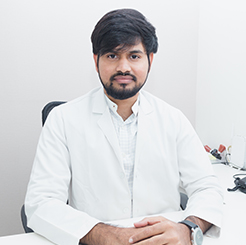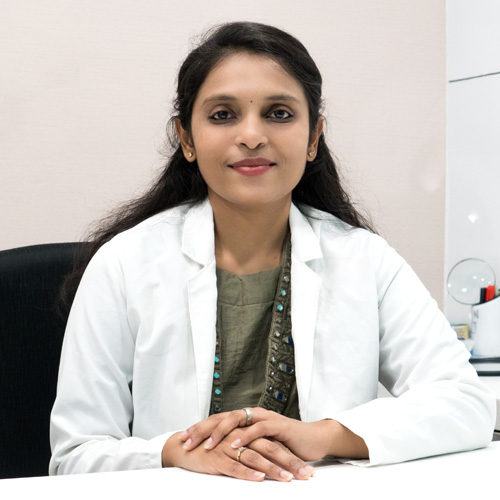Asked by Ranjith on 12/09/2023 11:34 AM
Even though acne and dandruff are different skin diseases, they have quite a lot in common. They are both triggered by an excess oil production by the sebaceous or oil-producing glands on our skin, which are present in maximum numbers on our face and scalp (Puberty is a time when these problems can aggravate simultaneously due to hormonal changes). Both dandruff and acne also display an excessive shedding of dead skin cells which can mix with the excess oils and clog the hair follicles and gland openings (called pores). Clogging leads to excess proliferation of Malassezia furfur, an yeast- leading to scaling and flaking in dandruff and growth of a bacteria Cutibacterium acnes which can produce the inflammatory lesions associated with acne. A severe variant of dandruff called seborrheic dermatitis can also present on face with swollen and red papules like acne.
If you have noticed acne with dandruff, you should visit a qualified dermatologist for exact diagnosis of seborrheic dermatitis and/or acne. Seborrheic dermatitis and dandruff need antifungal shampoo and topicals like ketoconazole for treatment, while acne is best treated by antibiotics and retinoids as per its severity. However, you can take certain general measures before the doctor visit to help reduce the problem:
· Avoid using oils and heavy creams on face and scalp.
· Avoid touching scalp and face repeatedly and comb your hair back from the face.
· Use mild non comedogenic skin products for daily skin care.
Answered on 12/09/2023 11:34 AM
Was this answer helpful? ![]() 10
10 ![]() 0
0

Dr. Debatri Datta
MBBS, MD





